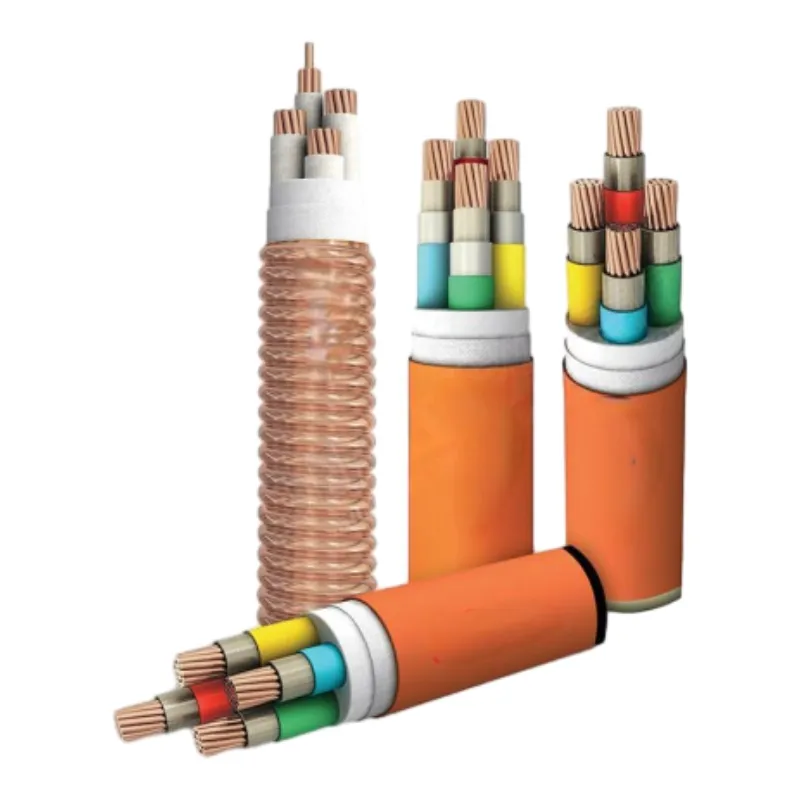10 月 . 21, 2024 16:46 Back to list
Durable Cast Iron Valve Designs for Industrial Applications and Performance Optimization
The Significance of Cast Iron Valves in Industrial Applications
Cast iron valves play a pivotal role in various industrial applications due to their durability, strength, and resistance to extreme conditions. From managing fluid flow in pipelines to controlling the pressure in manufacturing processes, these valves enable the effective operation of an array of systems. The following discussion outlines the types of cast iron valves, their advantages, applications, and future trends in this crucial component of industrial machinery.
Types of Cast Iron Valves
Cast iron valves come in several types, including gate valves, globe valves, check valves, and ball valves. Each type serves different functions based on the requirements of the system in which they are installed.
1. Gate Valves These valves are primarily used for on/off control. They have a flat gate that moves up and down to either obstruct or allow the flow of fluid. Gate valves are favored for their low-pressure drop when fully opened. 2. Globe Valves Designed for throttling flow, globe valves use a spherical body that enables precise control. Their design reduces the risk of rapid flow changes, making them ideal for controlling the flow rate.
3. Check Valves Essential for preventing backflow in pipelines, check valves automatically close when the fluid flows in the reverse direction. This feature is critical in protecting pumps and other equipment from damage.
4. Ball Valves Featuring a spherical disc that allows or blocks flow, ball valves are known for their tight sealing capabilities and quick operation. They are particularly useful in high-pressure applications.
Advantages of Cast Iron Valves
The choice of cast iron as a material for valve construction offers several distinct advantages
- Durability Cast iron is known for its high tensile strength and resistance to wear and tear, making it ideal for demanding industrial environments. - Corrosion Resistance Modern cast iron valves are often treated or coated to enhance their resistance to corrosion, ensuring longevity and reducing maintenance costs. - Cost-Effectiveness Compared to other materials, cast iron is relatively inexpensive. It provides a reliable solution for industries operating on a budget without sacrificing quality. - Thermal Stability Cast iron can withstand extreme temperatures, making it suitable for high-temperature applications without compromising structural integrity.
cast iron valve

Industrial Applications
Cast iron valves are widely used across various industries, including
- Water and Wastewater Treatment In these facilities, valves regulate the flow of water and sewage, ensuring effective treatment processes.
- Oil and Gas Valves are crucial for controlling the flow of hydrocarbon substances, maintaining safety and efficiency in extraction and transportation.
- Power Generation In power plants, cast iron valves manage steam and water flow, contributing to effective energy production.
- Manufacturing From chemical production to food processing, these valves play a vital role in controlling fluid dynamics, ensuring product quality and safety.
Future Trends
As industries evolve, so too does the technology surrounding cast iron valves. The integration of smart technologies, such as IoT (Internet of Things) sensors and advanced automation systems, is becoming increasingly common. These innovations allow for real-time monitoring and control of valve performance, leading to improved efficiency and maintenance. Furthermore, sustainability practices are driving manufacturers to develop cast iron valves with recycled materials and energy-efficient production methods, ensuring minimal environmental impact.
In conclusion, cast iron valves are an indispensable component of modern industrial systems. Their unique properties and advantages make them suitable for a wide range of applications, providing reliability and efficiency. As technology continues to advance, the future of cast iron valves looks promising, with innovations poised to enhance performance and sustainability in various industries. Understanding their significance is essential for anyone involved in industrial operations, from engineers to maintenance personnel.
Share
-
Understanding the Differences Between Wafer Type Butterfly Valve and Lugged Butterfly ValveNewsOct.25,2024
-
The Efficiency of Wafer Type Butterfly Valve and Lugged Butterfly ValveNewsOct.25,2024
-
The Ultimate Guide to Industrial Swing Check Valve: Performance, Installation, and MaintenanceNewsOct.25,2024
-
Superior Performance with Industrial Swing Check Valve: The Essential Valve for Any SystemNewsOct.25,2024
-
Industrial Swing Check Valve: The Ideal Solution for Flow ControlNewsOct.25,2024
-
You Need to Know About Industrial Swing Check Valve: Functionality, Scope, and PerformanceNewsOct.25,2024